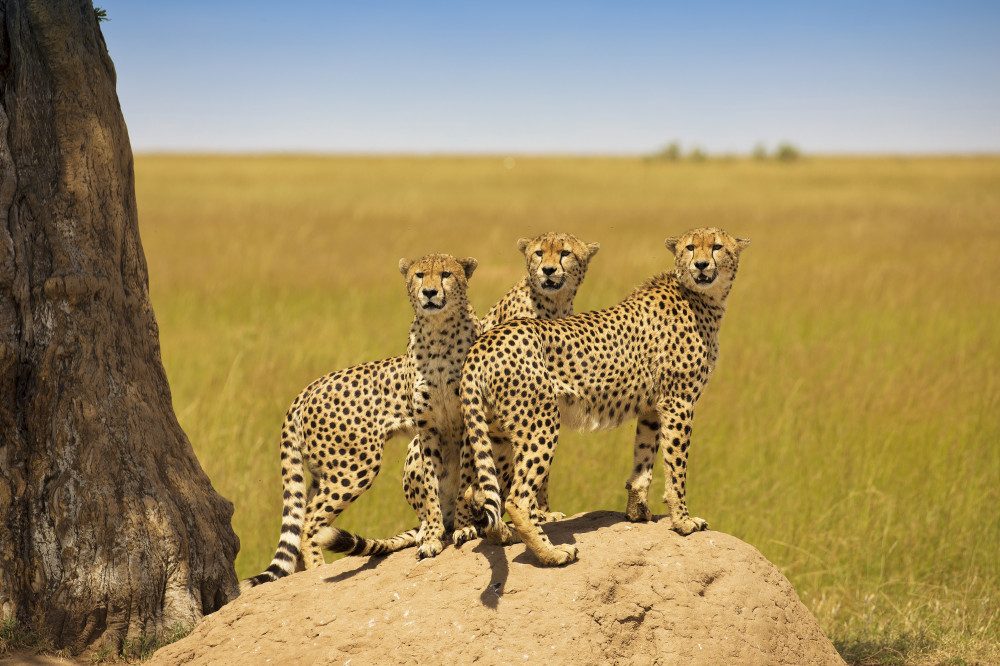Eco-tourism in African national parks is becoming increasingly popular, attracting visitors who are interested in sustainable travel and wildlife conservation. This trend is helping to preserve natural habitats and support local communities.
Conservation Efforts
Eco-tourism plays a crucial role in funding conservation efforts in African national parks. Entrance fees, guided tours, and eco-lodges generate revenue that is reinvested into park management, wildlife protection, and habitat restoration. National parks like Kruger in South Africa and Serengeti in Tanzania have implemented comprehensive conservation programs that benefit from eco-tourism, helping to protect endangered species and maintain biodiversity.
Sustainable Travel Practices
Eco-tourism promotes sustainable travel practices that minimize the environmental impact of tourism. This includes measures such as limiting visitor numbers, promoting the use of eco-friendly transportation, and encouraging responsible waste management. Eco-tourism operators often work closely with park authorities to ensure that their activities do not disturb wildlife or degrade natural habitats. By following these practices, eco-tourism helps to preserve the pristine condition of national parks for future generations.
Community Benefits
Eco-tourism provides economic benefits to local communities living near national parks. Many eco-tourism initiatives employ local guides, staff, and artisans, providing them with income and skills development opportunities. Additionally, some eco-tourism projects invest in community development programs, such as education, healthcare, and infrastructure improvements. This fosters a positive relationship between the parks and local communities, ensuring their support for conservation efforts.
Wildlife Experiences
Visitors to African national parks are drawn to the unique wildlife experiences they offer. Eco-tourism provides opportunities for guided safaris, bird watching, and nature walks, allowing tourists to observe animals in their natural habitats. This immersive experience fosters a deeper appreciation for wildlife and the importance of conservation. Parks like Bwindi Impenetrable National Park in Uganda, known for its mountain gorilla trekking, offer unforgettable encounters that emphasize the need to protect these majestic creatures.
Challenges and Solutions
Despite its benefits, eco-tourism faces challenges such as managing tourist impact and ensuring equitable distribution of revenue. To address these issues, some national parks are implementing stricter regulations and developing more inclusive economic models. For example, community-based tourism initiatives involve local people in decision-making processes and ensure that a fair share of tourism revenue goes directly to them. By addressing these challenges, eco-tourism can continue to grow sustainably and contribute to the long-term conservation of Africa’s national parks.



